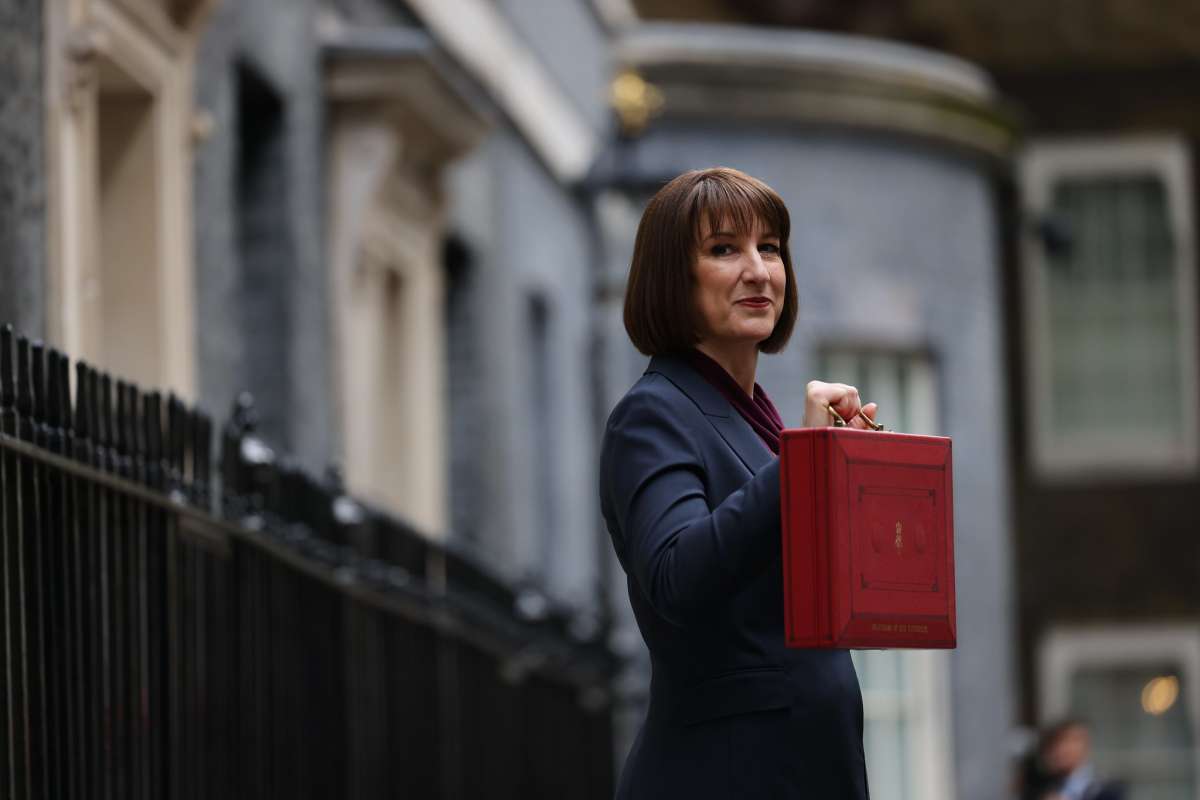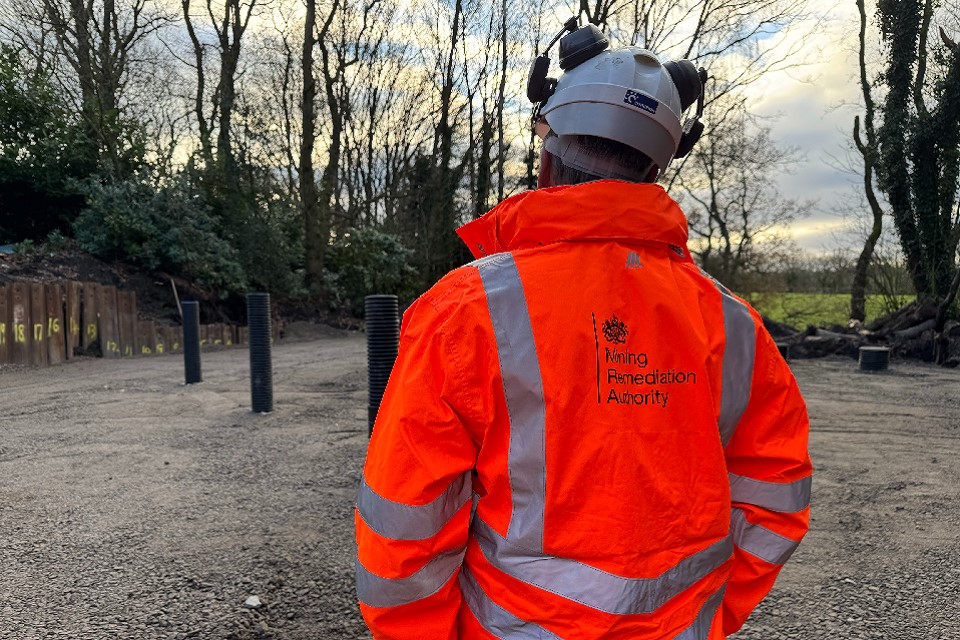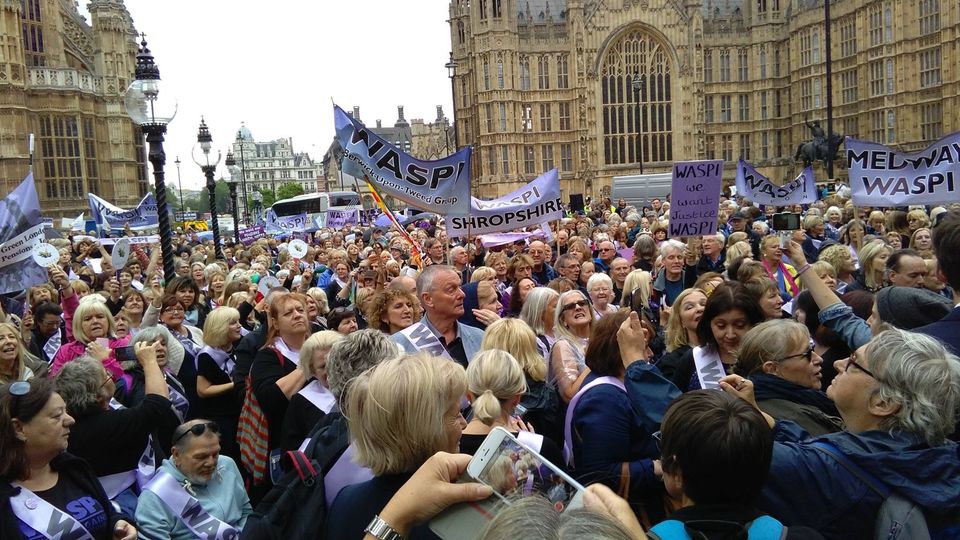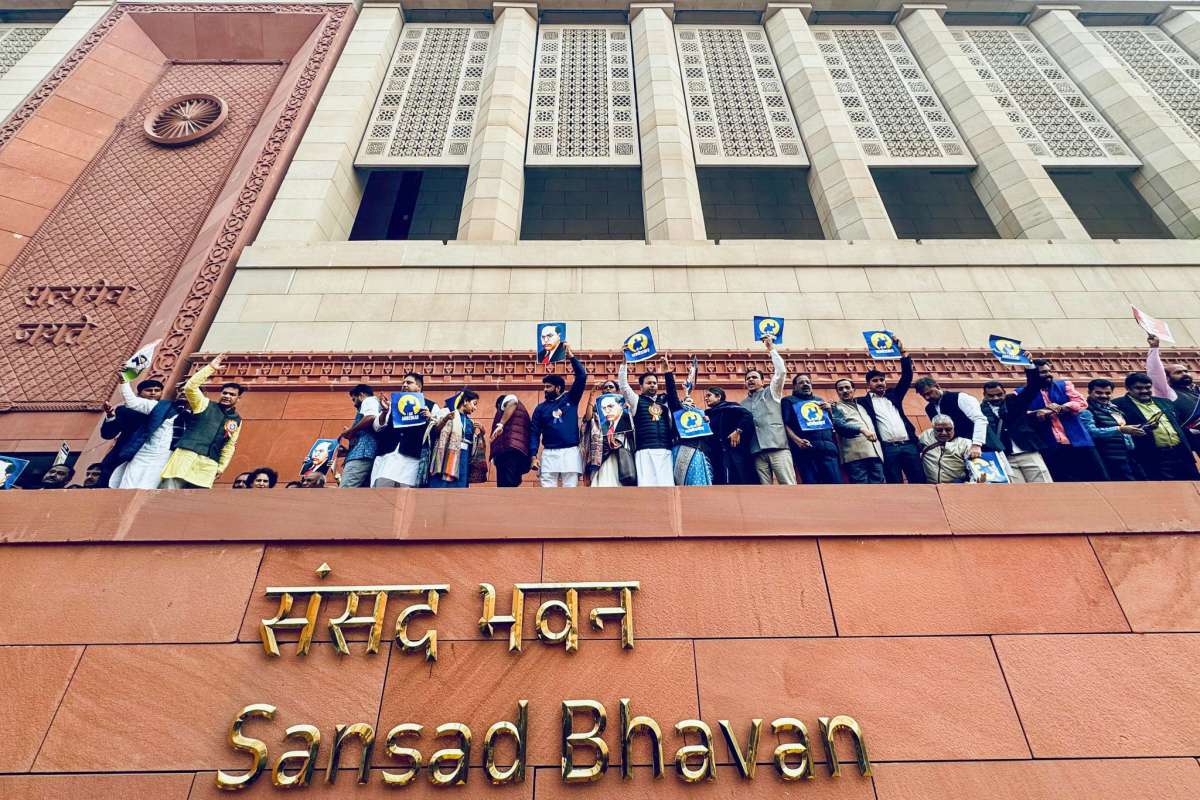The warning came amid reports that the government is to offer a financial lifeline to protect hospice charities…reports Asian Lite News
Charities have warned of “life-changing consequences” for a million vulnerable children and adults as a result of cuts to state-funded disability services driven by tax changes and wage rises announced in the budget.
The Voluntary Organisations Disability Group (VODG), which represents 100 charities in England, said Rachel Reeves’s decision to raise employers’ national insurance contributions (NICs) had been “ill thought through” and would put many local charity services at risk.
The warning came amid reports that the government is to offer a financial lifeline to protect hospice charities, who had said the rise in NICs would cost them £30m a year and lead to end-of-life services being cut or even closing.
VODG, which represents household names like Mencap and Sense as well as scores of smaller disability charities, said the NICs and national minimum wage increases would leave many members having to cut back on staff and services.
The quality of services for disabled people who are being supported to live independent lives would be reduced, it said. Many disability charities would be forced to hand contracts back to local authorities because services they provide could not be delivered safely on the funding available.
“Social care is designed to protect the most vulnerable members of our community, and this Labour government is letting them down,” said the VODG chief executive, Rhidian Hughes.
Nurseries have warned of higher fees to parents and possible closures as a result of the increases to NICs and the minimum wage, which will push the early-years sector “to the brink”, according to the Early Years Alliance (EYA).
Voluntary sector providers of public services, who unlike the NHS and local authorities are not protected from the impact of the NICs rise, and unlike private companies cannot pass costs on to consumers, say they are increasingly alarmed at the impact of the extra costs on their financial viability.
The National Council for Voluntary Organisations, which met the minister for civil society, Stephanie Peacock, last week to discuss the crisis, said more than 7,000 of its member charities had now signed an open letter to the government warning of the “dire situation” facing the voluntary sector as a result of rising costs.
While the Treasury has so far been adamant it cannot exempt charities and private businesses from NICs rises, the prospect of an exemption for voluntary hospices has given fresh hope to the charity sector that a broader agreement can be reached.
The sector sees the national insurance rises as the third financial disaster to hit it in the past five years, after Covid and the cost of living crisis. It believes failure to address it could sour attempts to establish what Keir Starmer, the prime minister, earlier this year called a “renewed social contract” with charities.
The charity sector employs 1 million people and delivers about £17bn of services a year in areas such as social care, addiction, health, homelessness and hospice care. Charities estimate they face an extra bill of £1.4bn as a result of the changes.
Separately, more than 100 homelessness charities, including Crisis and St Mungo’s, delivered an open letter to Reeves, the chancellor, on Monday warning the NICs rises could take up to £60m a year from frontline services such as street outreach, emergency beds and supported housing.
Rick Henderson, the chief executive of Homeless Link, which organised the letter, said he had “rarely seen the sector as angry and frightened” as they were by the planned NICs rise. “It is a very real threat that could impact thousands of people who are currently homeless or threatened with homelessness, leaving them without support,” he said.
An online survey of 1,000 nurseries in England found that 95% of EYA members were likely to have to increase fees to cover the extra costs, while two in five (40%) were likely to close permanently without additional support from the government to cover increased costs.
The sector is working to deliver the biggest expansion in its history, as it implements the government’s funded childcare scheme. Working parents of children over the age of nine months are now able to access 15 hours of government-funded childcare, increasing to up 30 hours a week for eligible families from next September.
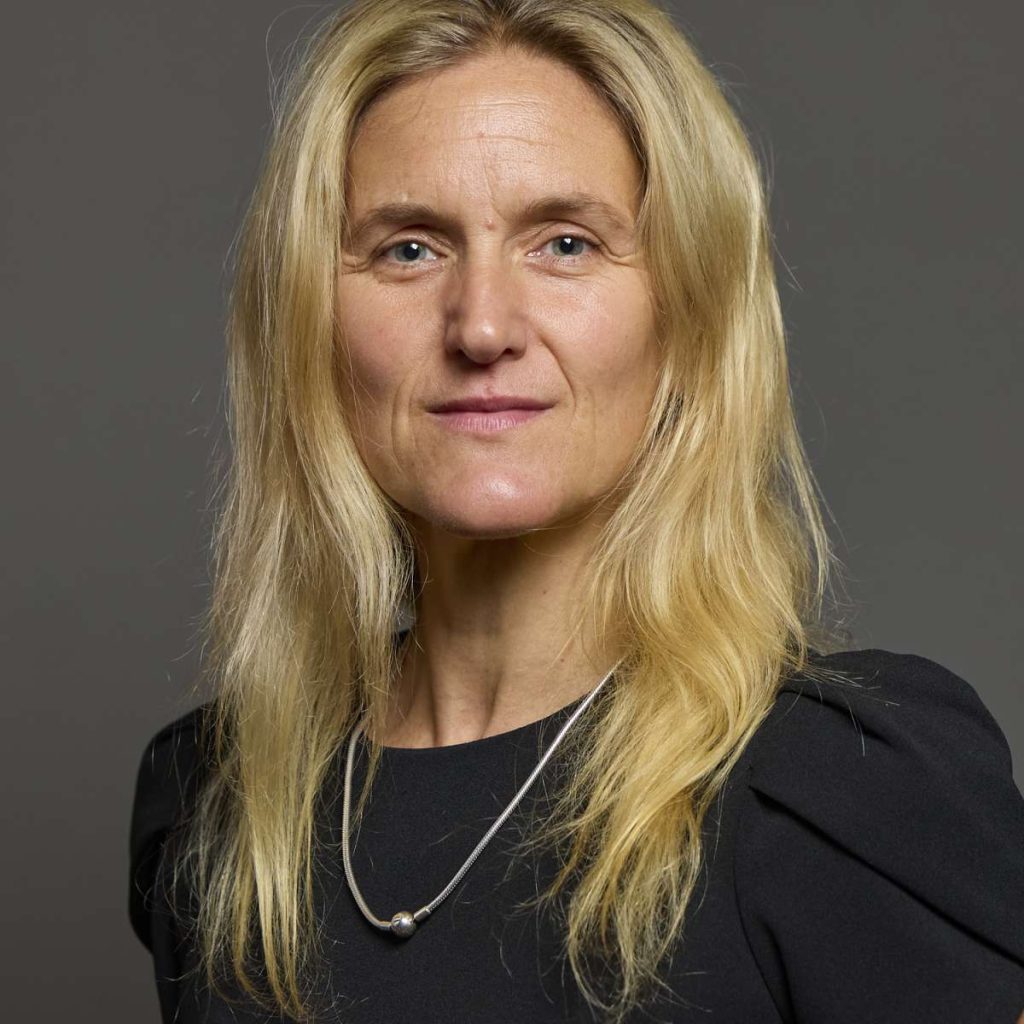
Assisted dying bill has strict safeguards, MP says
A historic bill to legalise assisted dying will set out hardline safeguards, including lengthy prison sentences for coercion and powers for judges to cross-examine patients.
The Labour MP Kim Leadbeater said she believed she had put forward “the best possible legislation” but warned wavering MPs that parliament may not get another chance to vote again on the issue for another decade.
She pledged it would contain the “strictest protections and safeguards of any legislation anywhere in the world” amid growing concerns from some MPs over the potential for mission creep and coercion.
The bill is expected to run to 40 pages – believed to be one of the longest ever private members’ bills – and Leadbeater will stress to colleagues over the coming days that the bill has been the subject of exhaustive consultation.
But critics in parliament have raised alarm about the process of the bill, which has limited time for debate, and many have significant concerns about the potential for undue pressure and the risk of the scope of the bill widening under legal challenges.
Some critics of the bill however have said there are still questions over the safeguards – and have said there must be provisions against “doctor shopping” if patients do not get the preferred answer from their first choice of medic.
They are also expecting to ask questions as to whether a six-month prognosis includes those refusing treatment and whether doctors will have an assumption of mental capacity. An even more hardline approach would require a patient to be cross-examined in court by an advocate who would put the case before a judge for refusing the procedure.
Leadbeater saidthe vote on 29 November would be just the first step and would allow the bill to receive further scrutiny at later stages.
In comments responding to criticism over the lack of scrutiny of the bill, Leadbeater said it had been a “through and robust process” involving medical and legal experts, the palliative care and hospice sectors, and disability rights activists and faith leaders, as well as those with personal experience of watching a loved one die in difficult circumstances.
She said MPs still had three weeks to look at the bill before debate and added: “I hope MPs will agree with me that we can offer the safest choice to those who want it at the end of their lives, while at the same time working to make our already excellent palliative care provision even better and protecting the rights of people with disabilities, mental illness and other challenges to have all the support and care they need throughout their lives,” she said.
The pro-assisted dying side in parliament has an organised system, with designated MPs running the numbers for each of the parliamentary intakes. Those who have seen the most recent tallies say there are a number of members they expect to make final decisions within days of seeing the bill.
“For some it is a principle about not saying yes until they have seen the legislation,” one supportive MP said.
MPs with concerns about the process and potential widening of the scope of the legislation are being invited this week to meet Dr Sally Talbot, one of the architects of assisted dying in Western Australia and currently a member of the panel undertaking review of the law.
Those opposed have been hosting events with a number of disabled parliamentarians who oppose the changes, including the peer Tanni Grey-Thompson and Pam Duncan-Glancy, a Scottish Labour MSP, as well as academics and lawyers who have concerns about the process.
There are believed to be at least 100 Labour MPs who remain undecided and both sides say the numbers are a real unknown, with a significant number declining to attend any of the parliamentary events run from either side.
